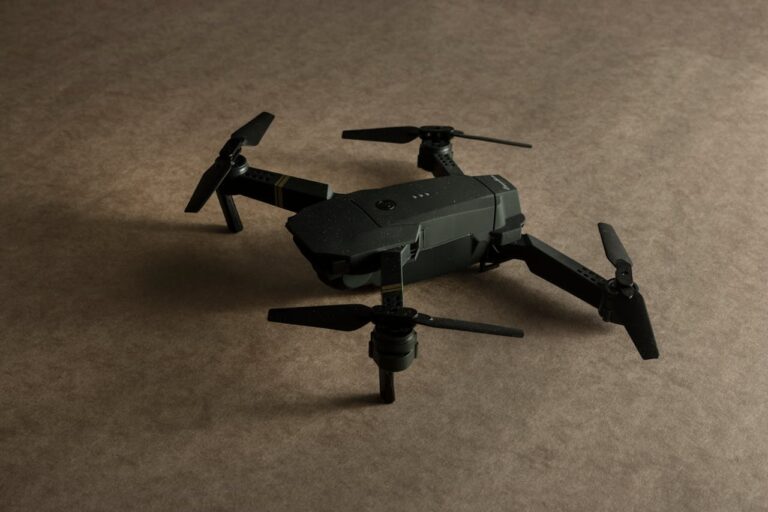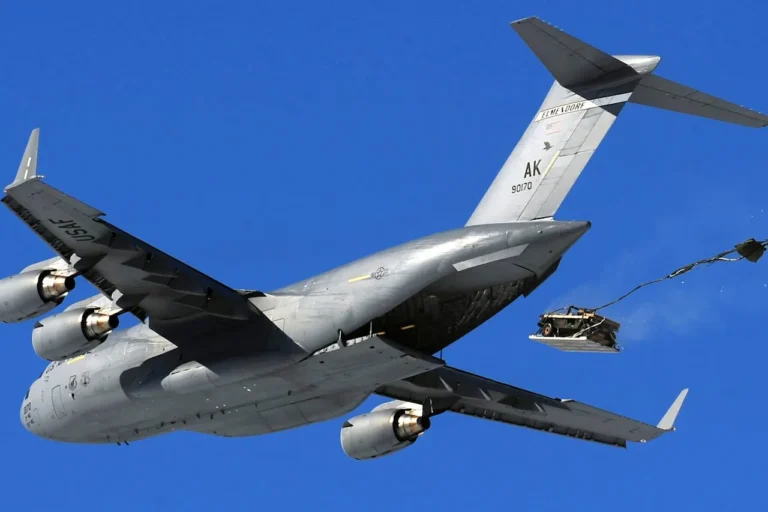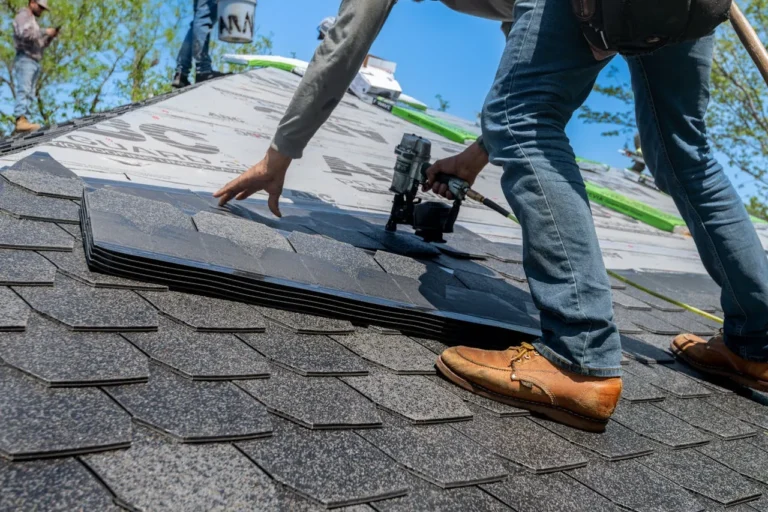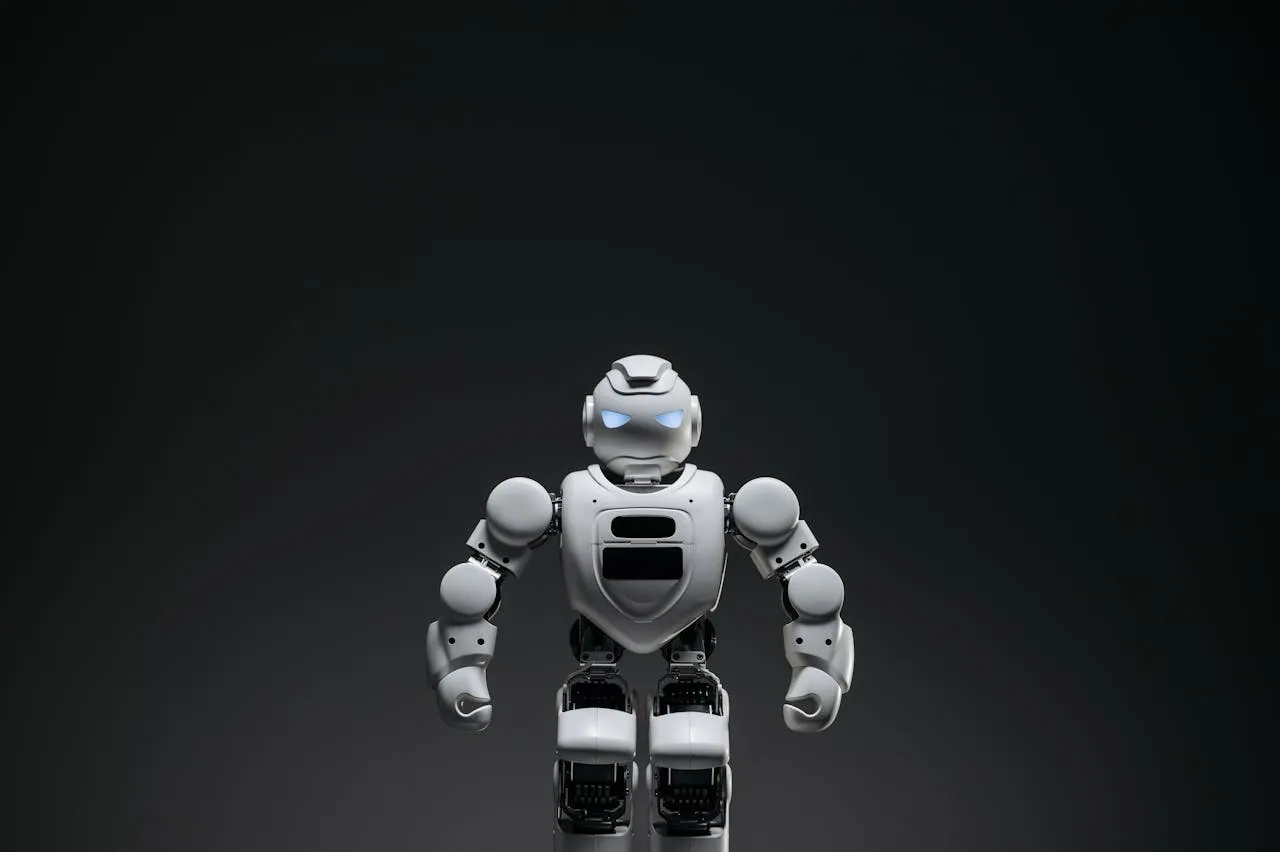
Yokogawa and Shell Forge Long-Term Alliance to Advance Robotics and AI for Intelligent Plant Maintenance
Yokogawa Electric Corporation (TOKYO: 6841) has entered a significant long-term strategic partnership with Shell Global Solutions International B.V. to integrate, enhance, and expand cutting-edge robotics and artificial intelligence technologies for plant monitoring and maintenance. This landmark collaboration brings together two industry leaders committed to revolutionizing operational efficiency and safety in the energy, chemical, and process industries.
Under the terms of the agreement, Yokogawa will integrate Shell’s proprietary Operator Round by Exception (ORE)—a sophisticated machine vision and AI-powered tool—into its OpreX™ Robot Management Core, a flagship component of its industrial automation and robotics suite. This collaboration aims not only to accelerate the deployment of intelligent robotics solutions in industrial facilities worldwide but also to pave the way for the future of autonomous operations.
Operator Round by Exception: Enabling Autonomous Visual Inspection
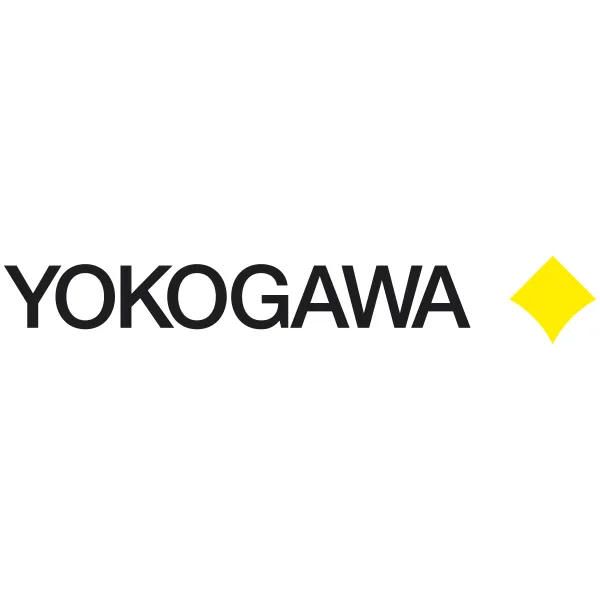
At the heart of this collaboration is Shell’s Operator Round by Exception (ORE), a powerful digital solution that uses advanced machine vision and AI-driven analytics to empower robots to autonomously conduct key elements of operator round duties. These tasks traditionally require human operators to visually inspect plant equipment—such as reading analog and digital gauges, detecting leaks, monitoring fluid levels, and identifying potential equipment faults.
ORE was developed through an intensive two-year internal initiative at Shell. This project harnessed Shell’s extensive expertise in remote asset inspection, integrity management, and corrosion monitoring, combining it with cutting-edge machine vision technologies. The result is a robust tool that digitizes and automates one of the most labor-intensive and risk-prone activities in plant maintenance.
By deploying ORE-equipped robots, companies can significantly reduce the need for human presence in hazardous zones, cut inspection times, and ensure more consistent data collection—all critical to modernizing asset integrity and maintenance workflows.
OpreX Robot Management Core: A Platform for Safe and Autonomous Operations
Yokogawa’s OpreX Robot Management Core serves as a centralized software platform for managing and coordinating various types of robotic systems used in industrial settings. This includes mobile inspection robots, aerial drones, and stationary vision systems designed to perform tasks such as patrolling plant perimeters, identifying abnormal equipment conditions, and monitoring environmental parameters.
Through this platform, operators can monitor robot activity in real time, schedule inspection rounds, analyze data, and integrate insights with existing control and safety systems within the plant. By connecting to Distributed Control Systems (DCS), Safety Instrumented Systems (SIS), and other core infrastructure, the platform becomes a bridge between operational technology (OT) and robotic automation.
The addition of Shell’s ORE capabilities significantly extends the functional scope of the platform, enabling users to address more use cases. Tasks such as remote visual inspection, gauge reading, anomaly detection, and corrosion pattern analysis can now be executed with higher accuracy and efficiency—offering not only operational advantages but also substantial safety benefits.
Pilot Projects: Real-World Applications at Shell Facilities
As part of this collaboration, Yokogawa and Shell will roll out pilot programs at two Shell-operated facilities. These pilot deployments will serve as real-world testbeds for validating the integration of ORE into the OpreX Robot Management Core, while also demonstrating the tangible benefits that robotics and AI can bring to site operations.
The focus of these pilots will be to assess how robotic systems can support or even replace human rounds by performing routine visual inspections, data collection, and anomaly detection. The goal is to identify specific performance improvements in terms of safety, speed, and data fidelity, and to build a roadmap for scaling such systems across global facilities.
A Shared Vision at the Energy Transition Campus Amsterdam
This partnership also marks a new chapter in the relationship between the two companies within the Energy Transition Campus Amsterdam (ETCA)—a collaborative hub launched by Shell in 2022. ETCA was conceived to accelerate innovation in energy technologies by fostering joint projects between corporations, academia, startups, and public institutions.
Yokogawa’s robotics work at ETCA represents the first major milestone in its collaborative journey with Shell at this innovation campus. Together, they plan to work not only on product development but also on strategic R&D initiatives, including a shared roadmap for enhancing machine vision and robotic automation capabilities.
This aligned R&D vision reflects a broader commitment to continuous innovation, allowing both companies to keep pace with rapidly evolving industry demands—particularly those driven by digital transformation, decarbonization, and workforce shifts.
Strengthening Industry Leadership Through Innovation
Both companies see this partnership as a foundational step in developing a new standard for intelligent, AI-enabled plant operations. As automation becomes increasingly central to operational excellence, partnerships such as this will help industries evolve beyond traditional maintenance models and embrace predictive, autonomous, and data-driven approaches.
Masaharu Maeda, Vice President and Executive Officer at Yokogawa Electric Corporation and Head of the Solutions Business Division, expressed optimism about the collaboration:
“We are very excited to be working with Shell on this key technology field that promises to address the workforce challenges facing plant owners by significantly improving the efficiency of rounds in the field, while also reducing the inherent risk to operators. We look forward to making it available to industrial facility owners globally in the near future and contributing to safer and more efficient workplaces.”
Gerben de Jong, Chief Information Officer for Shell Integrated Gas, Upstream, and Projects & Technology, echoed these sentiments:
Shell and Yokogawa have a proud history of developing together to enable advanced automation solutions for our sites. With this agreement, we are taking our relationship to the next level. Robotics solutions combined with AI provide the potential to create a step change in productivity and safety.”
Toward the Autonomous Plant of the Future
As industries strive for greater sustainability, resilience, and operational excellence, the integration of autonomous robotics into everyday plant operations is emerging as a game-changer. This collaboration between Yokogawa and Shell is emblematic of that trend—focusing on a holistic approach to digital transformation that includes not just hardware and software, but also a shared vision, open innovation platforms, and a long-term commitment to R&D.
The combined Yokogawa capabilities of ORE and OpreX Robot Management Core are poised to give industrial organizations a head start in the race toward autonomous, AI-driven plant environments. For companies operating in energy, petrochemicals, refining, and heavy industry, this solution represents a significant leap toward safer, more intelligent, and more cost-effective operations.
Through this Yokogawa collaboration, Shell and Yokogawa are setting a benchmark for how forward-thinking companies can co-create digital solutions that tackle real-world problems while advancing industry best practices and preparing for the future of smart manufacturing.


